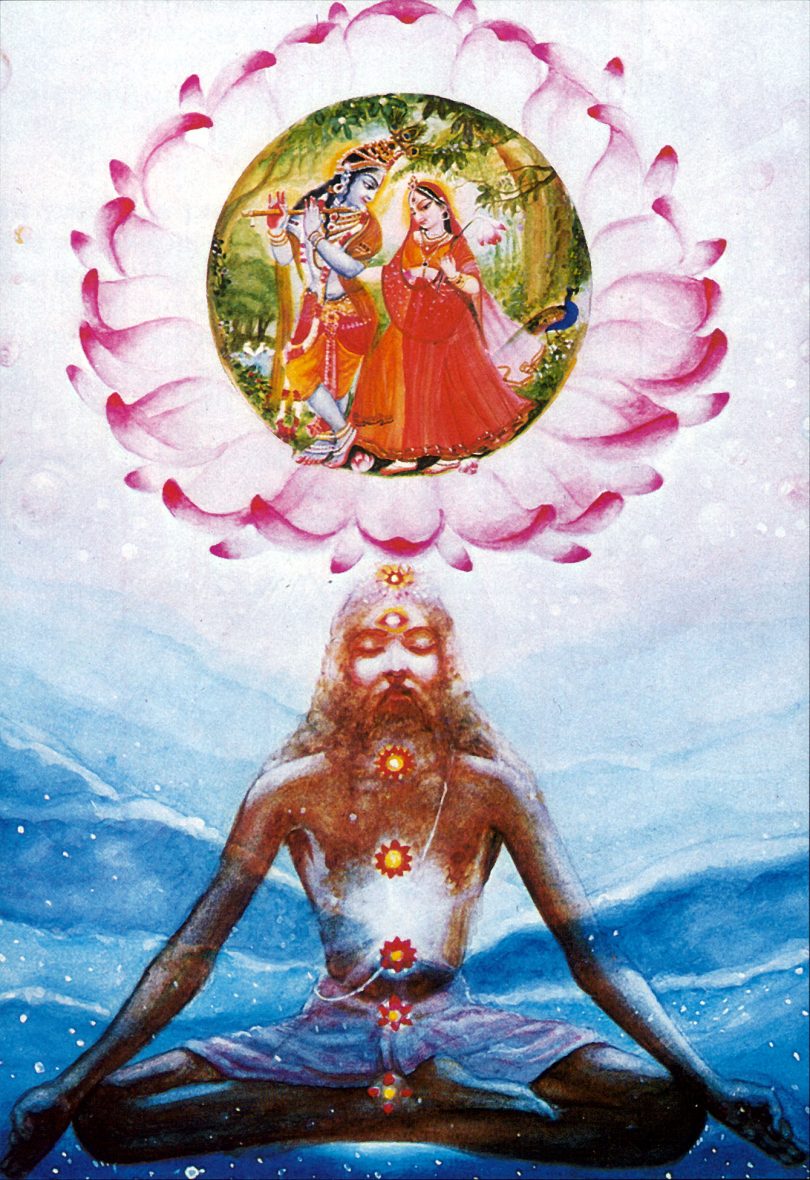Question: I heard that practicing mysticism is defiant.
What exactly is classified as mysticism? In the west things like astrology and palmistry are considered “mysticism” to a point, but these are bonafide sciences in Vedic culture.
Answer by Romapada Swami: You are correct: the Western perspective of mysticism wherein astrology and palmistry are seen as ‘mystical’ or ‘occult’ is a misnomer. They are indeed sciences, to be practiced by a qualified brahmana.
According to Patanjali’s system, mysticism means perfect control of the mental plane with its various fickle inclinations. According to Patanjali, the transcendental state is to become free from sensuous activities and to attain the stage of perfection perceptible purely by the spirit soul. In such a state, the attention of the mystic never deviates from that spiritual achievement. The eightfold material perfection – such as anima, laghima, prapti, isitva, vasitva, prakamya, and so on – are concomitant in the attainment of perfection in mysticism, and are but indirect by-products of that process.
The Vedic context of mysticism (raja-guhyam, the secret of all secrets) is explained by Lord Krsna in the Bhagavad-gita (Chapter 9). In text 9.1 He prefaces this explanation by reminding Arjuna, pravaksyami, “I am speaking.”
What Krsna speaks in the Bhagavad-gita constitutes real mysticism, for He is Yogesvara, the master of all mystics.
Therefore a devotee in Krsna consciousness is not interested in gaining mystic powers by practicing mystic yoga. Rather they are interested only in serving the Lord who is the master of all mystics.







